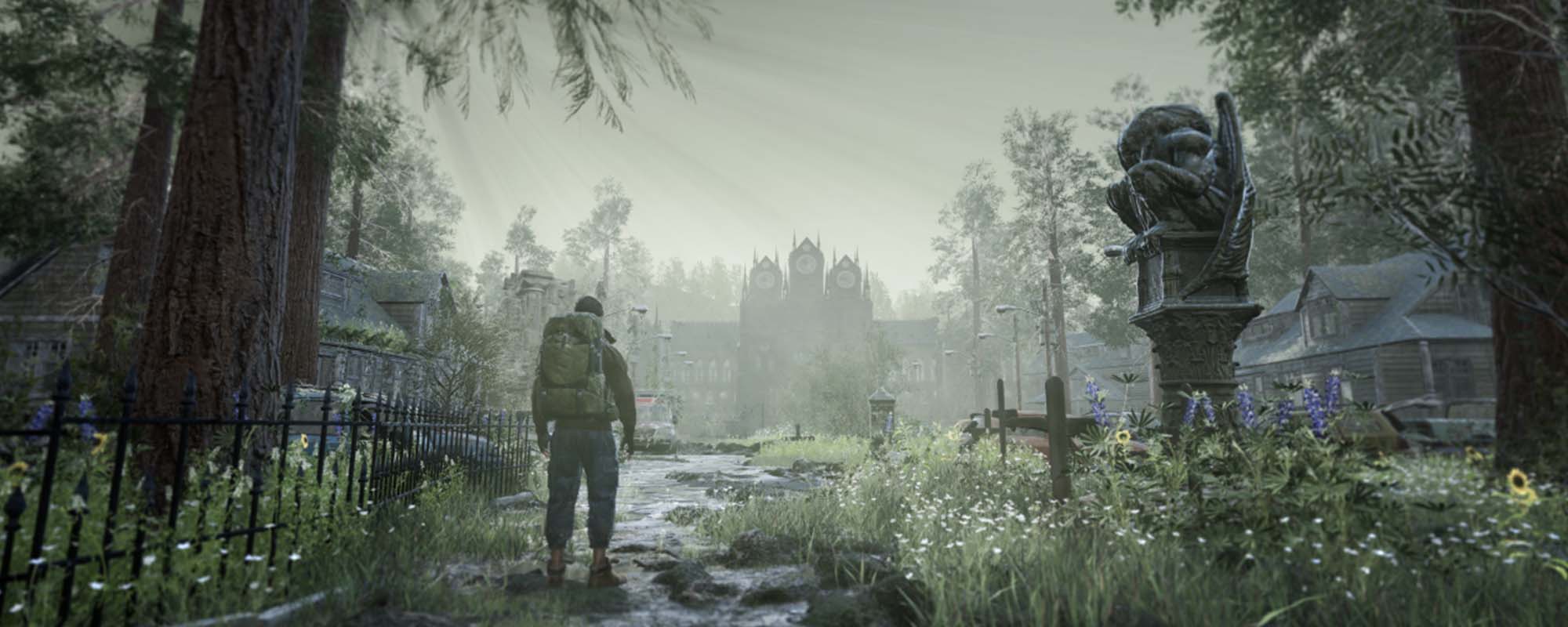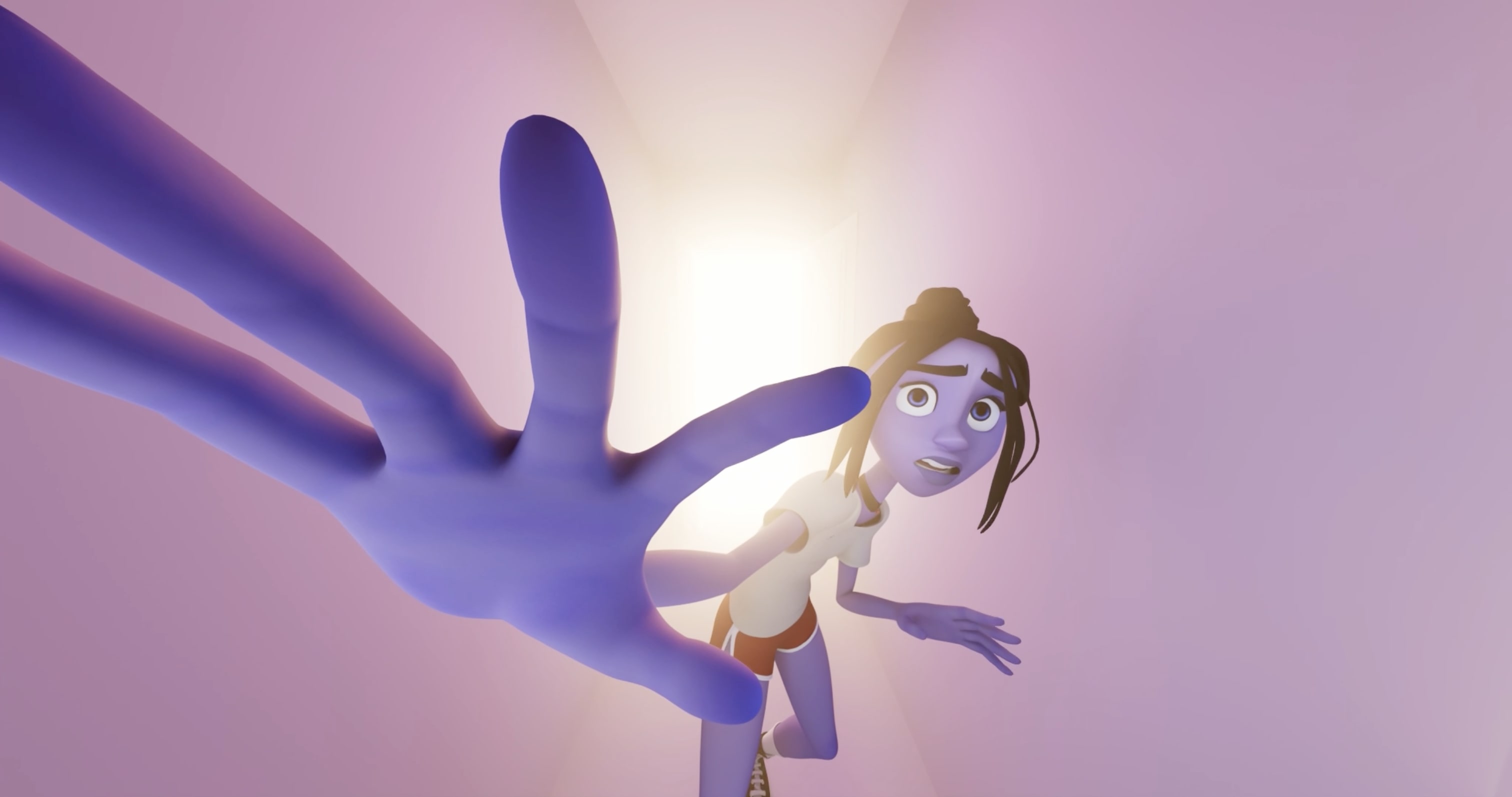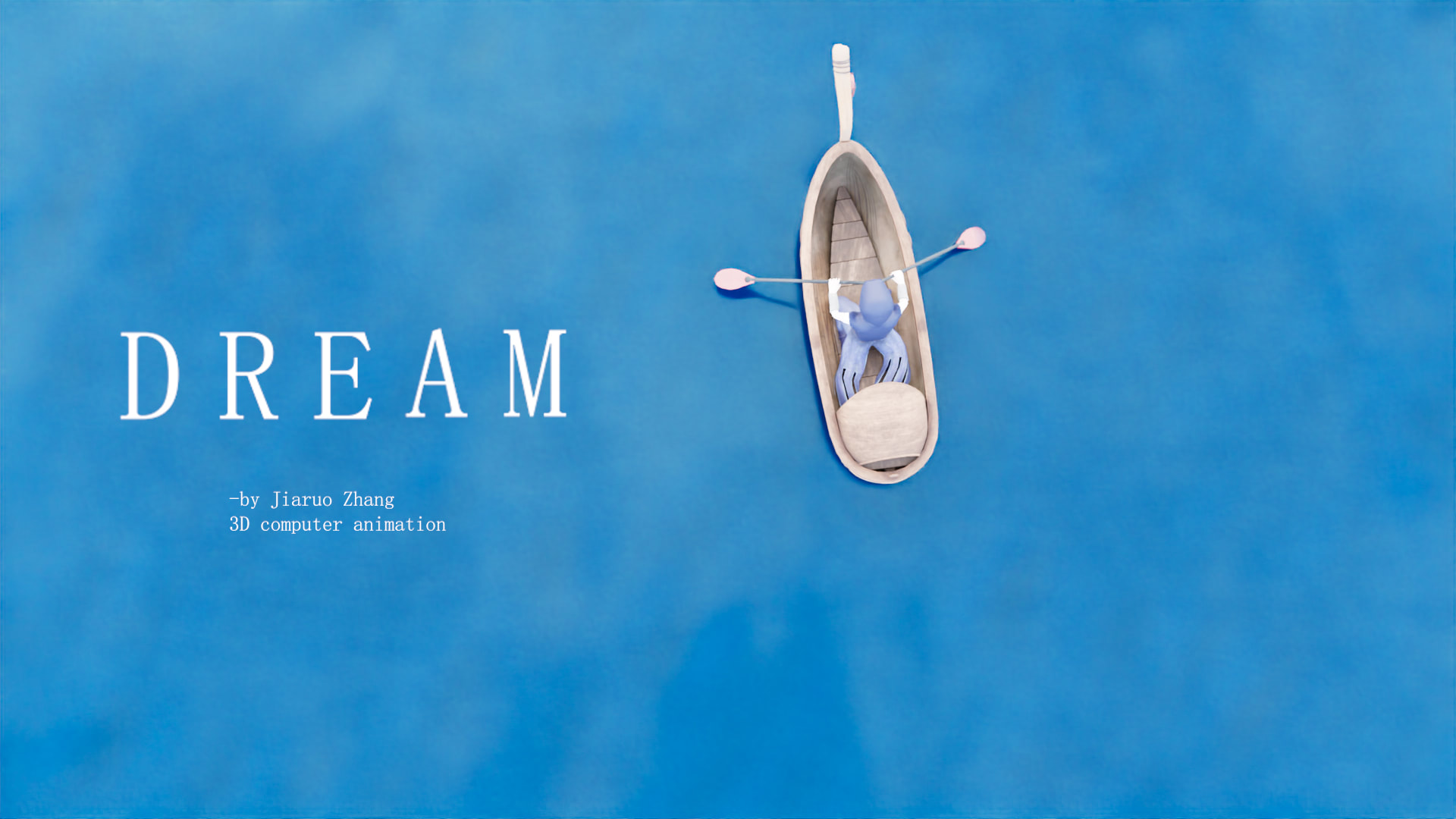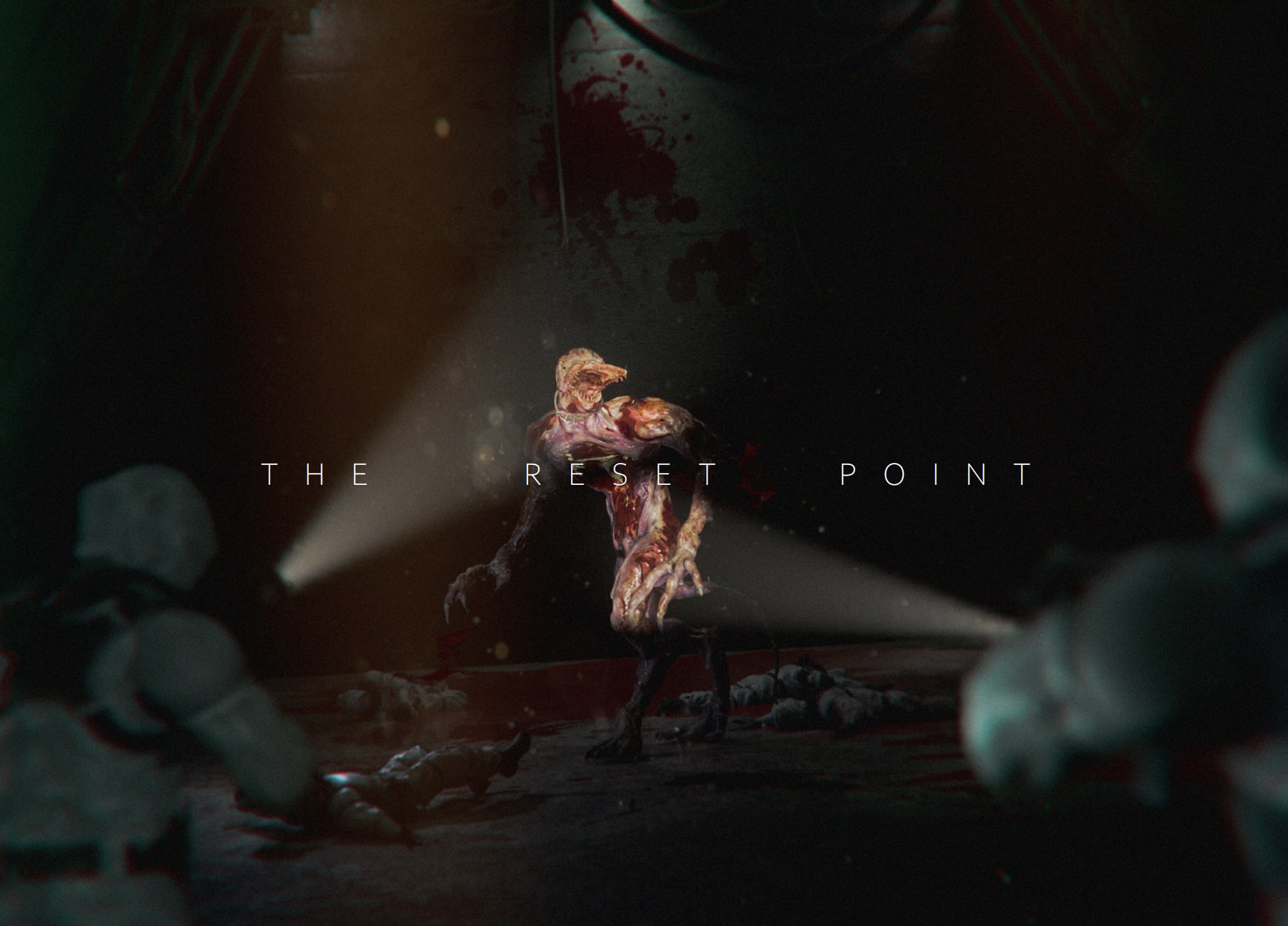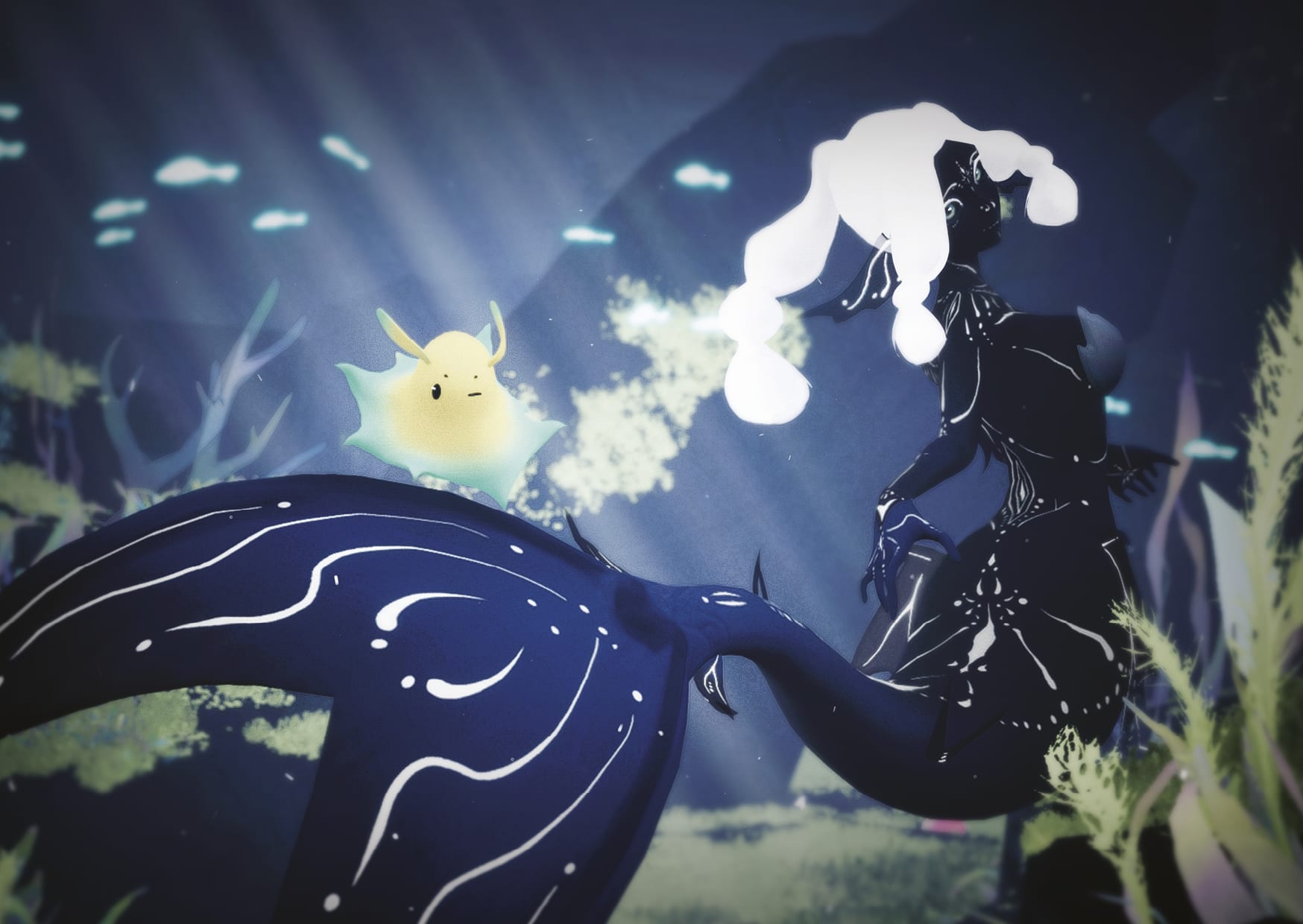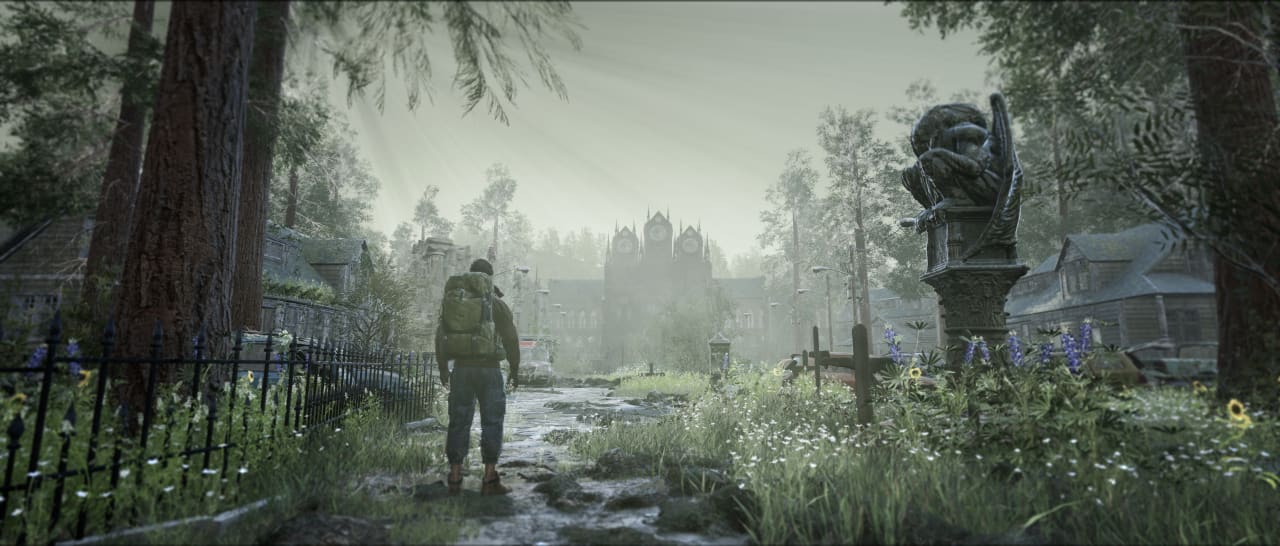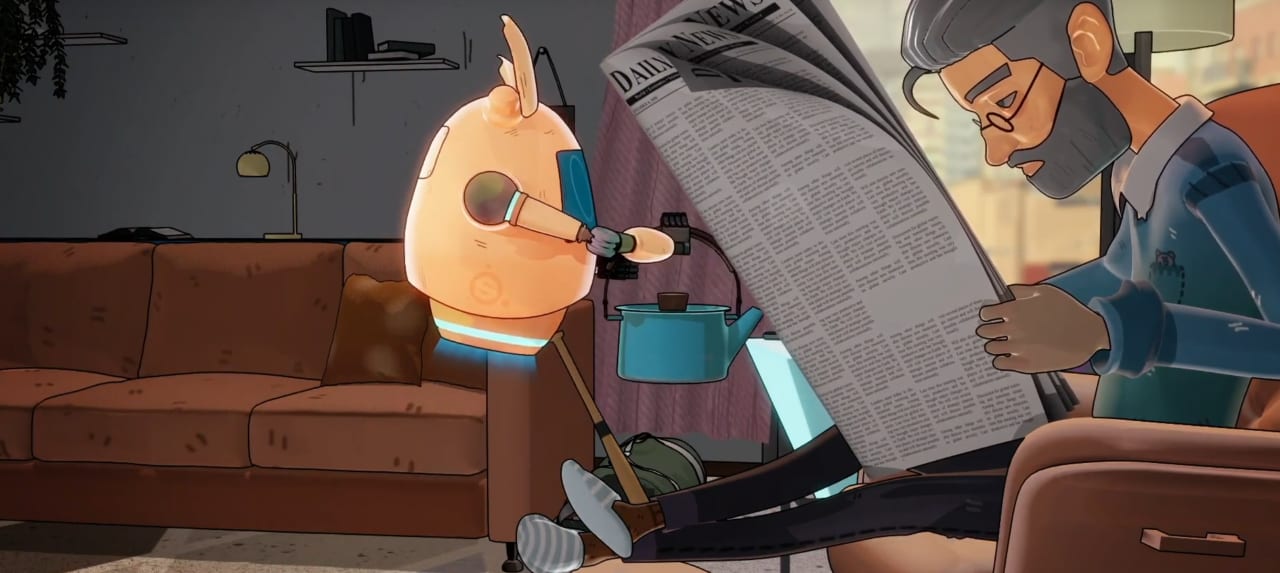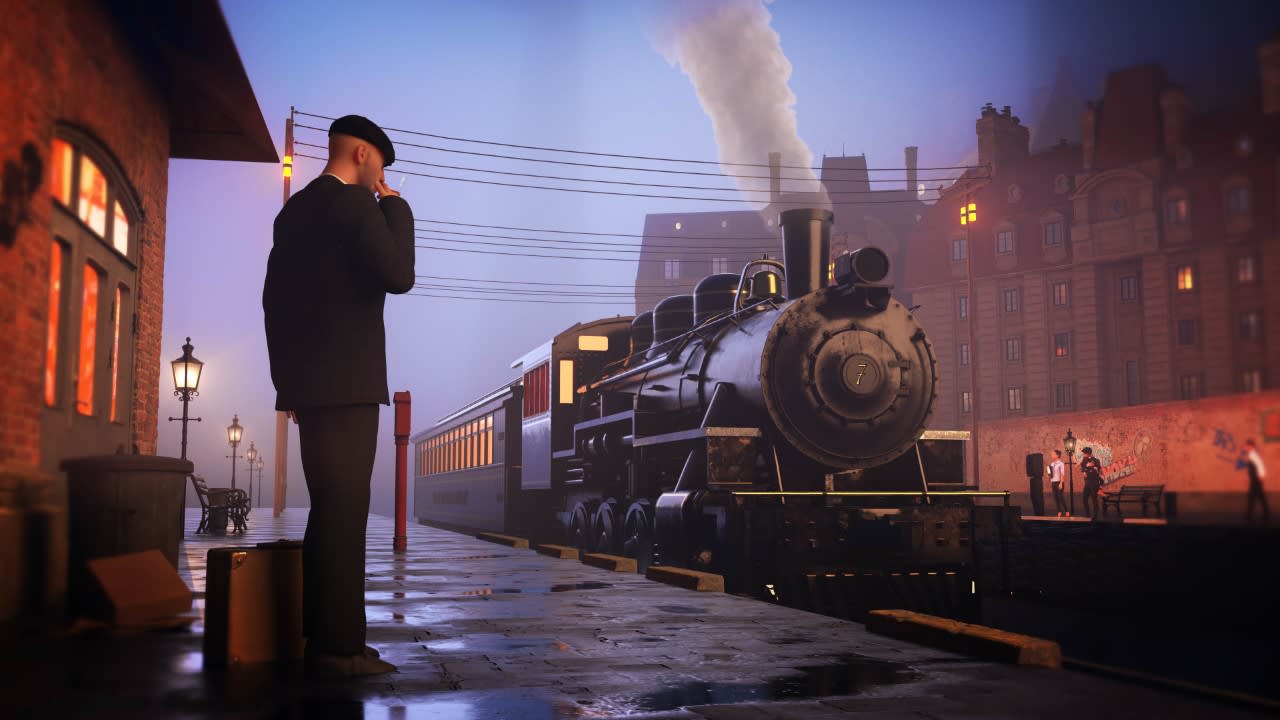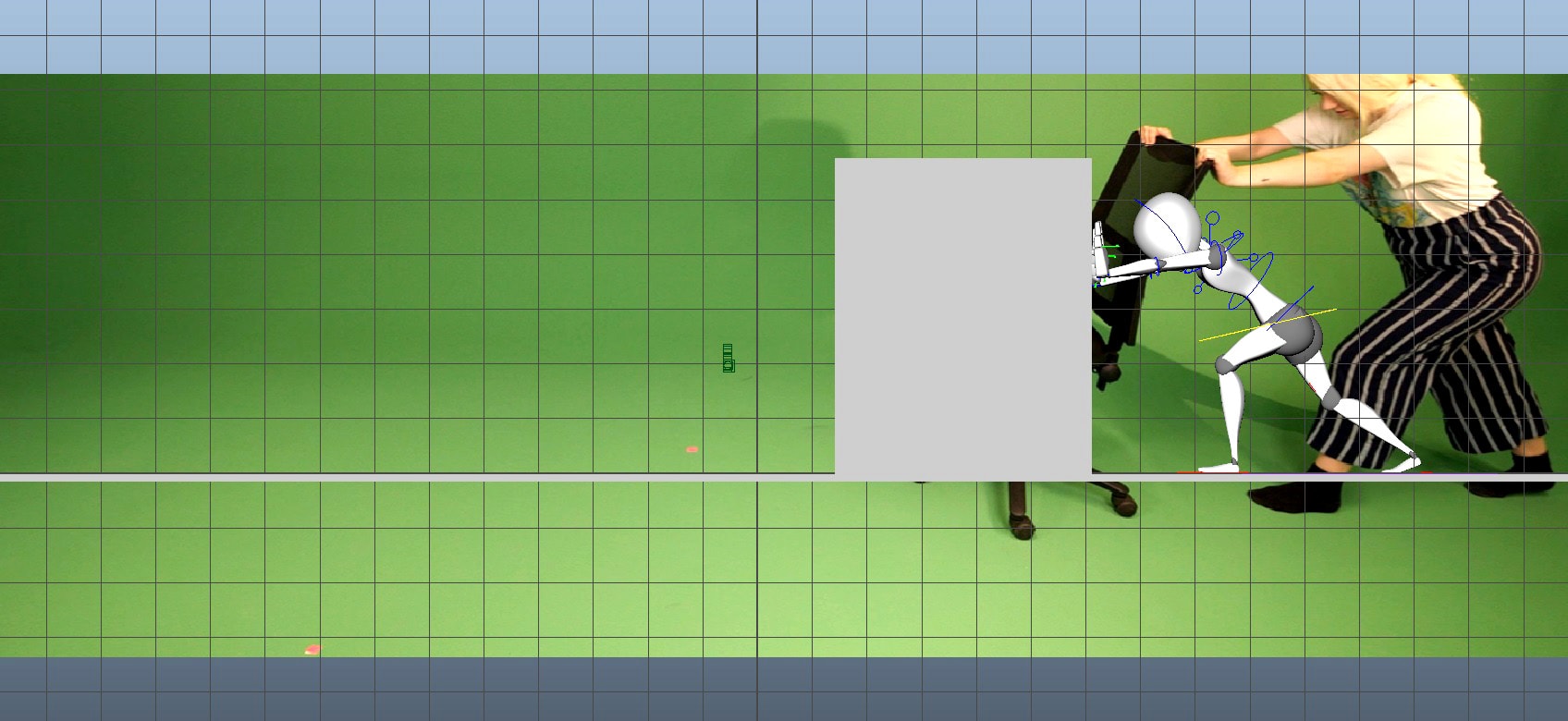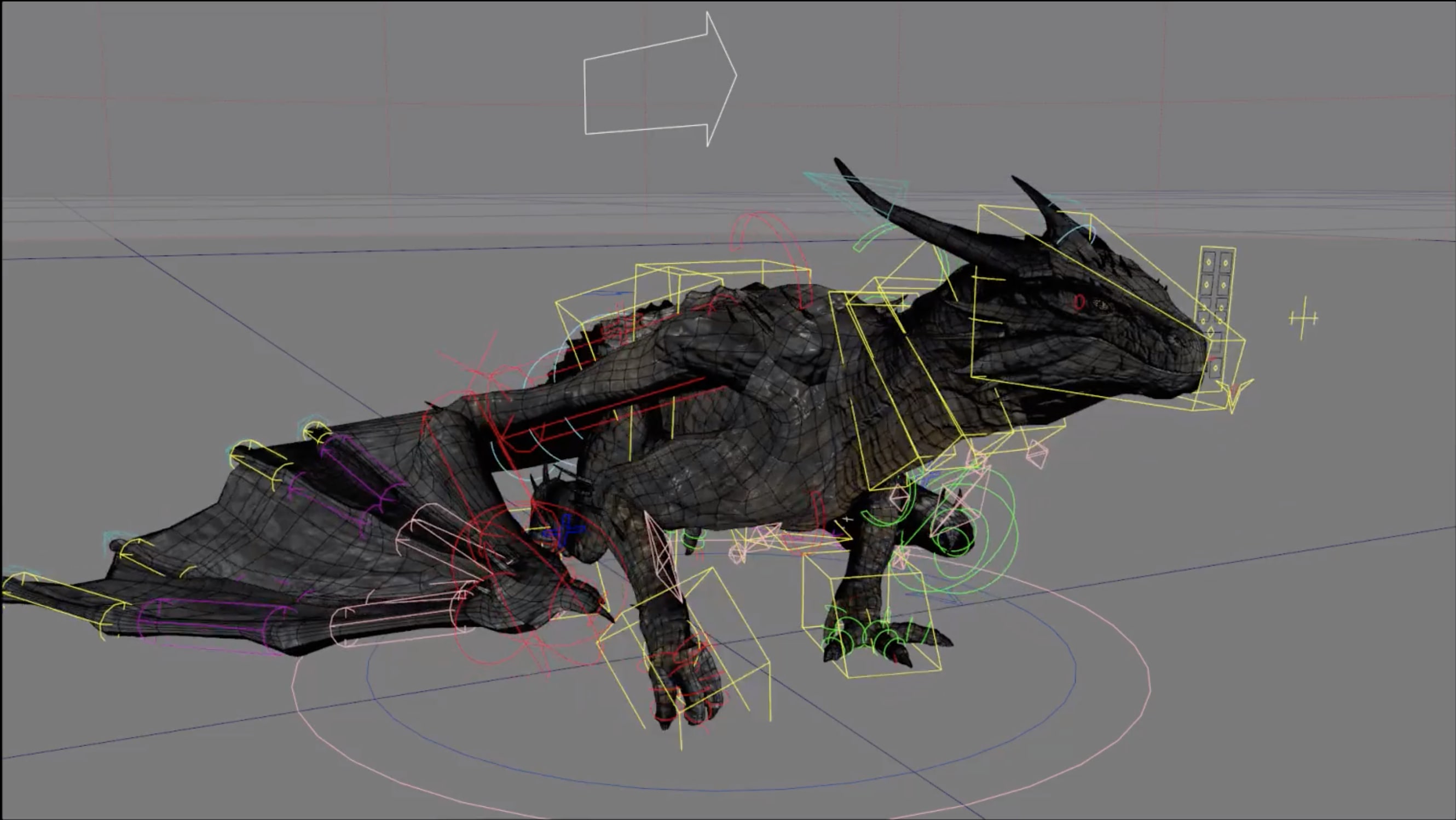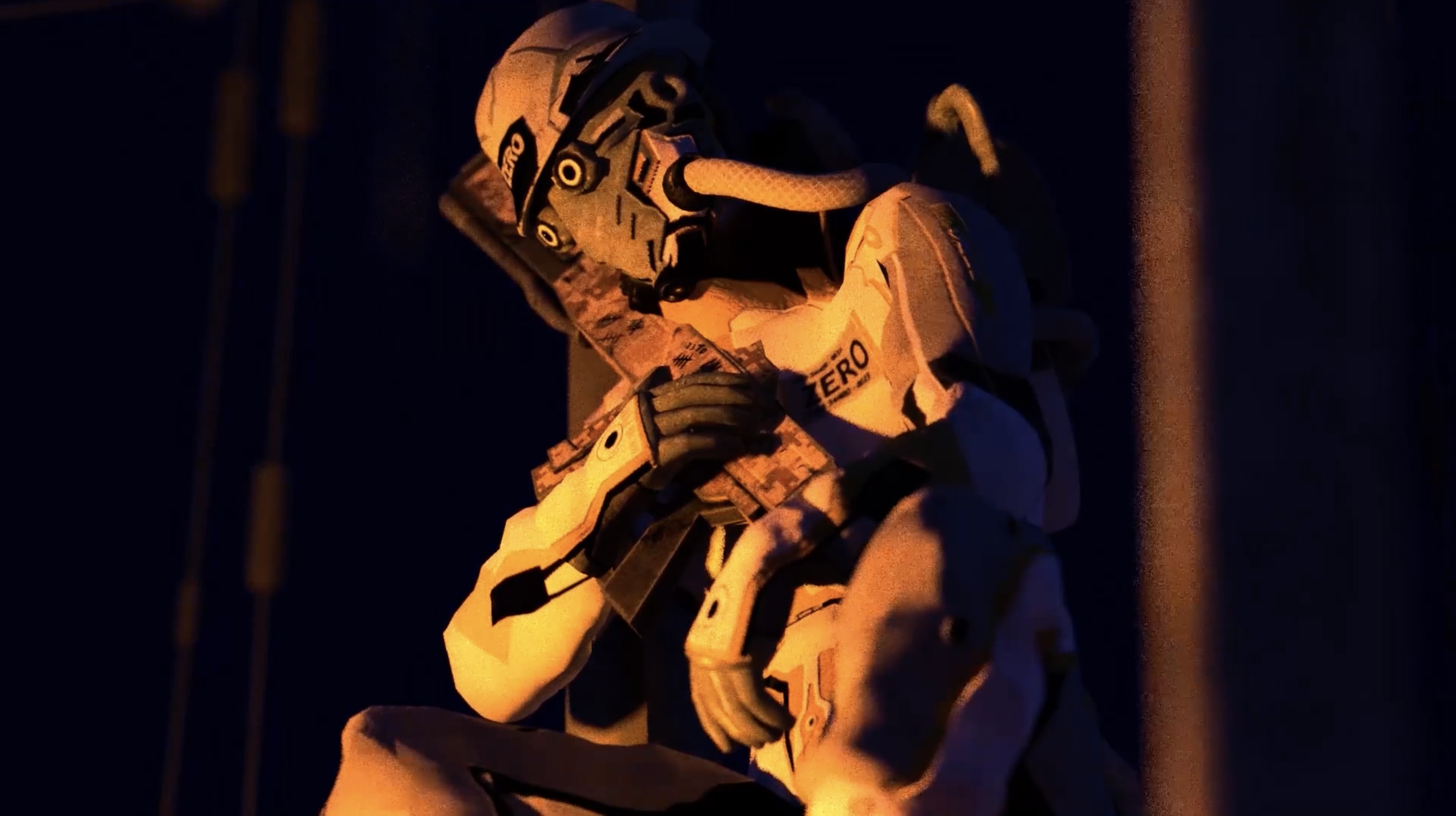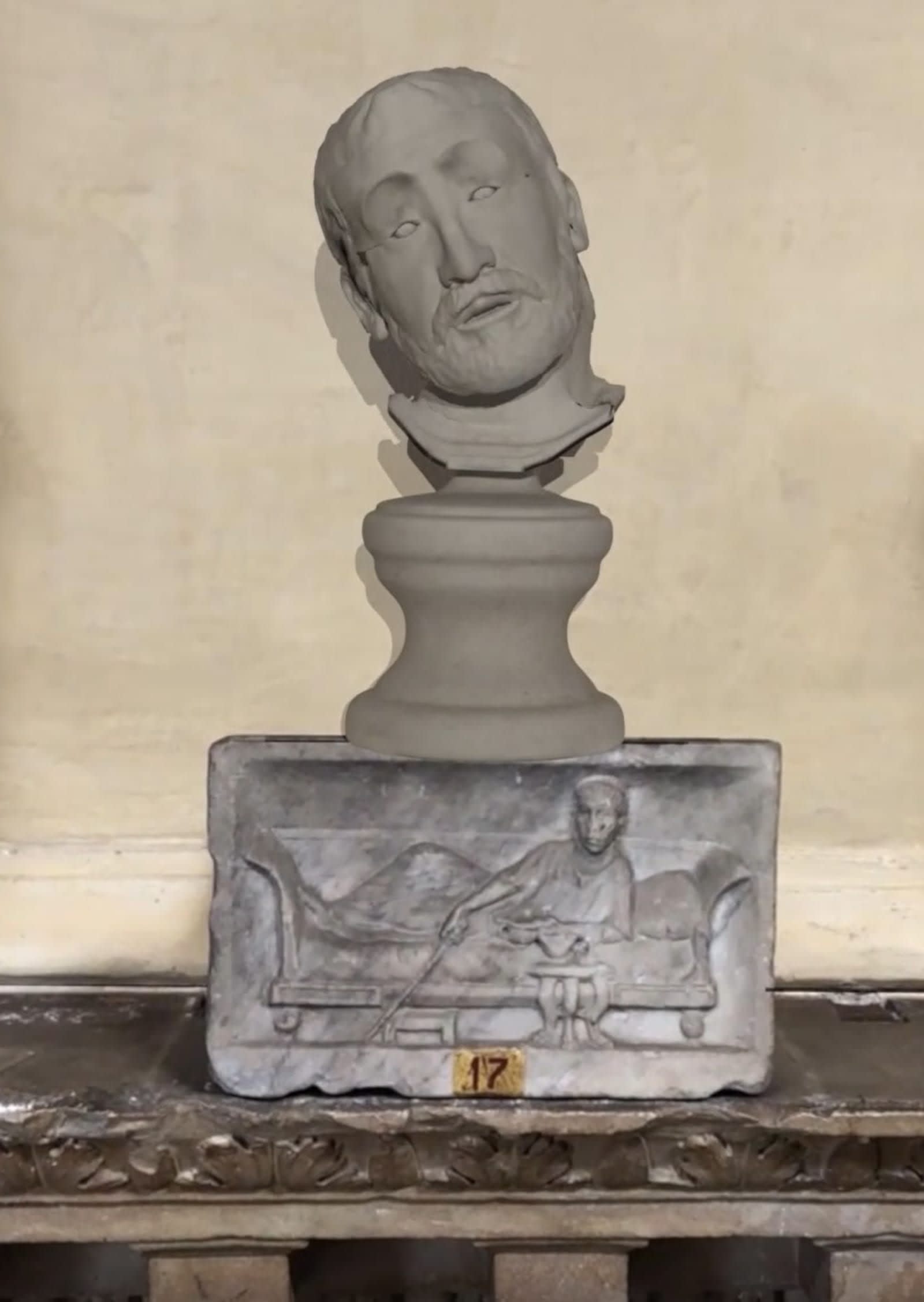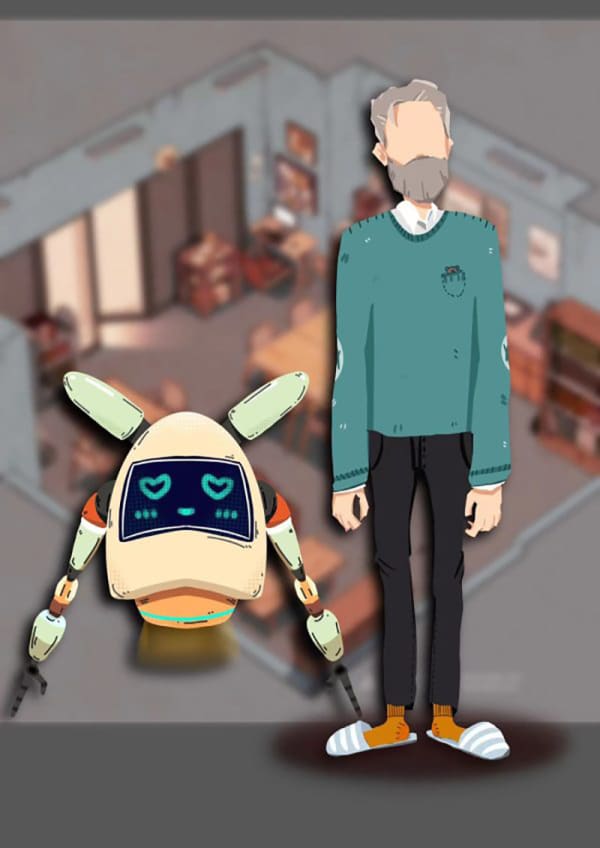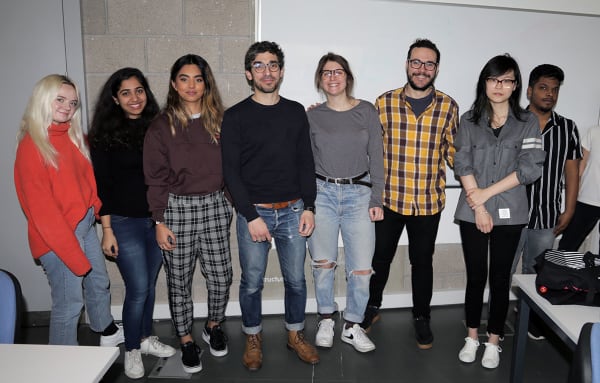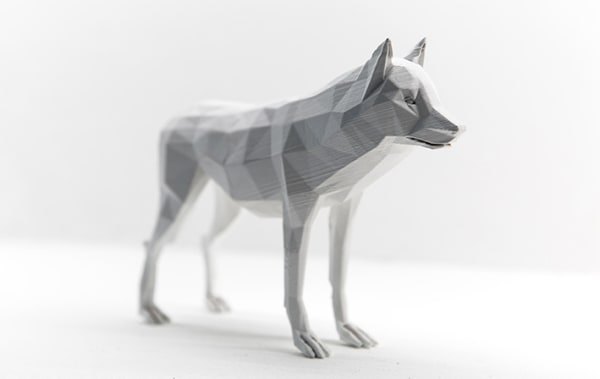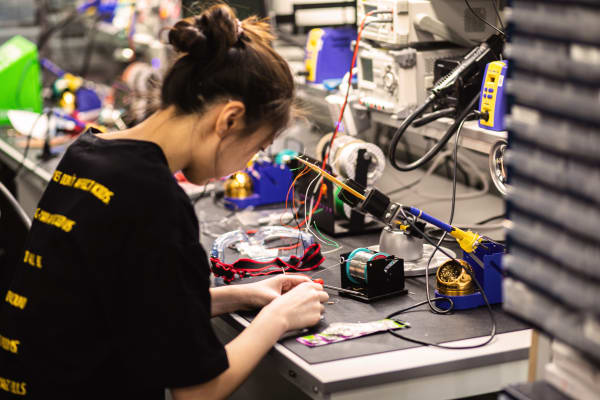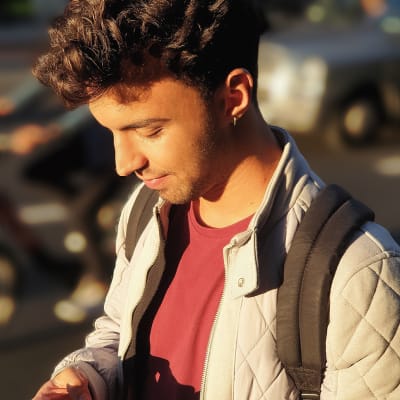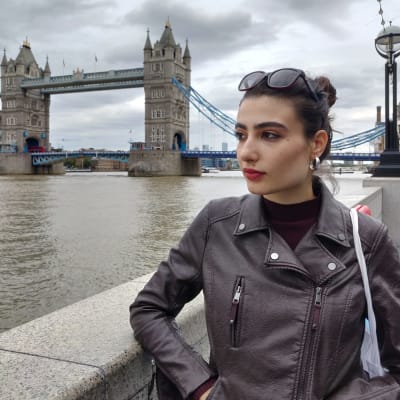Course units
In response to the Climate Emergency, UAL has embedded responsible practices within the curriculum. We shaped our courses around principles of social and racial justice, and environmental sustainability that ensure learning outcomes reflect the urgent need to equip you with the understanding, skills, and values for ethical practice and empower you to work towards an equitable future.
MA 3D Computer Animation is delivered across four terms, starting in September and finishing in December the year after. Incorporating a summer break, this is a one-year full-time course (45 taught weeks), delivered over 15 months.
You will respond to briefs that are set to test the learning in the units described below. Each course is divided into units, which are credit-rated. The minimum unit size is 20 credits. The MA course structure involves five units, totalling 180 credits.
Autumn, Term 1
3D Computer Animation Fundamentals (40 credits)
Design for Animation, Narrative Structures and Film Language (20 Credits)
In Term 1, you will explore a range of both technical and conceptual approaches to 3D computer animation and real-time motion graphics.
Work will explore technologies and processes by producing short-form animation across the 3D computer animation spectrum to set briefs.
You'll also engage in a programme of theoretical seminars that explore the cinematic and interactive underpinning of this practice.
This phase is the technical and conceptual basis for the subsequent phases of the course.
Spring and Summer, Terms 2 and 3
Advanced and Experimental 3D Computer Animation Techniques (40 credits)
Collaborative Unit (20 Credits)
In Terms 2 and 3, you will engage in experimental 3D computer animation processes and practice, developing your distinct visual voice.
This is underpinned by a critical study that will significantly expand your understanding of what themes animation can address in a critical context and across interdisciplinary fields.
You will experiment widely across a technical programme introducing you to various 3D computer animation techniques.
These techniques focus on pushing the boundary of what 3D computer animation can deliver, exploring formats from flat screen to AR and VR, and potential interactive approaches and games.
Autumn, Term 4
Final Major Project and Thesis (60 Credits)
In Term 4, you will use the knowledge, skills and experience gained on the course so far, and synthesise these through the production of a collaborative interdisciplinary or self-directed longer final major project and associated thesis.
The thesis is a 5000-word reflective report should show that the design and production processes carried out in your final major project exhibit the required characteristics for a Masters degree.
It should discuss the decisions that have been made and placed in the context of current industry practice and research in the area and reflect on the process and the final multimedia content to identify its strengths and weaknesses.
It is an opportunity for you to demonstrate the depth of critical understanding of your field and to show that you can objectively analyse your own work.
